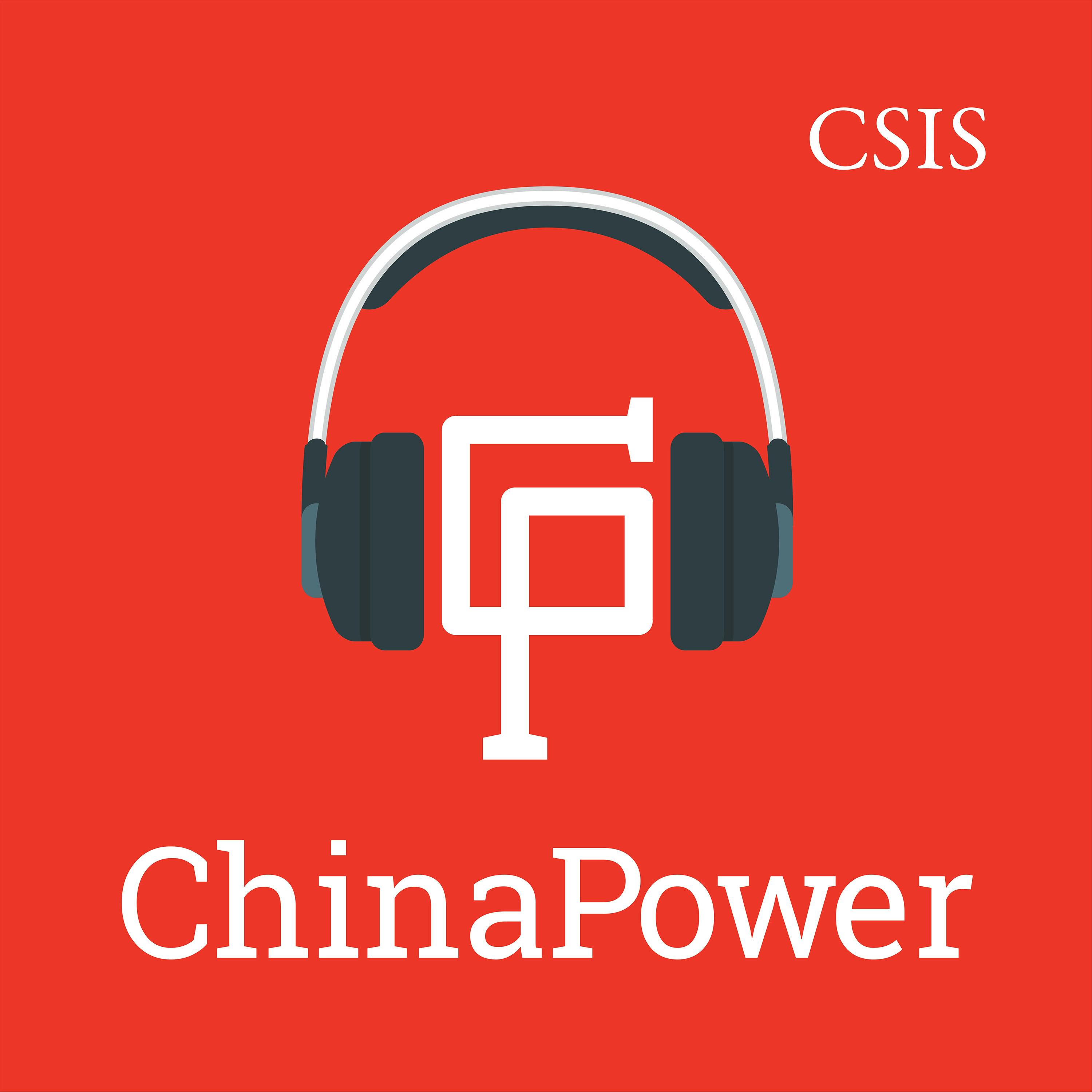
Deep Dive
- China's primary energy sources are coal (55%), oil (18%), and renewable energy (tied with coal).
- The US energy mix is significantly different, with a much lower reliance on coal.
- China imports a significant portion of its crude oil (70%) and natural gas (40%), while coal imports are minimal.
Shownotes Transcript
In this episode of the ChinaPower Podcast, Dr. Michael Davidson joins us to discuss China’s energy security. Dr. Davidson gives an overview of China’s energy landscape and compares it to that of other countries, such as the United States. He explains how China’s energy priorities have evolved throughout the last decade, especially in response to factors such as climate change and the Russian invasion of Ukraine. Dr. Davidson emphasizes the effects that the 2021 and 2022 power shortages in China had on senior Chinese leadership and the resulting elevation in importance of energy security, specifically in the power sector. Additionally, Dr. Davidson discusses China’s challenge in balancing energy security with its goals of reducing emissions and the resulting expanded definition of what energy security encompasses. Finally, Dr. Davidson speaks to how China’s evolving energy security affects its foreign policy and the potential risks for the U.S. and other countries in collaborating with China on clean energy.
Dr. Michael Davidson is an assistant professor at the School of Global Policy and Strategy and the Mechanical and Aerospace Engineering Department of the Jacobs School of Engineering. Michael Davidson’s research focuses on the engineering implications and institutional conflicts inherent in deploying renewable energy at scale. He is particularly interested in China’s energy system, which he has studied for over 15 years. Dr. Davidson was previously the U.S.-China Climate Policy Coordinator for the environmental nonprofit Natural Resources Defense Council (NRDC). He was a Public Intellectuals Program Fellow at the National Committee of U.S.-China Relations, is a current fellow with the Penn Project on the Future of U.S.-China Relations, and a former Fulbright Scholar. Prior to joining UC San Diego, Davidson was a postdoctoral research fellow at the Harvard Kennedy School Belfer Center’s Environment and Natural Resources Program. He received his Ph.D. in engineering systems and a masters in Technology and Policy from MIT.